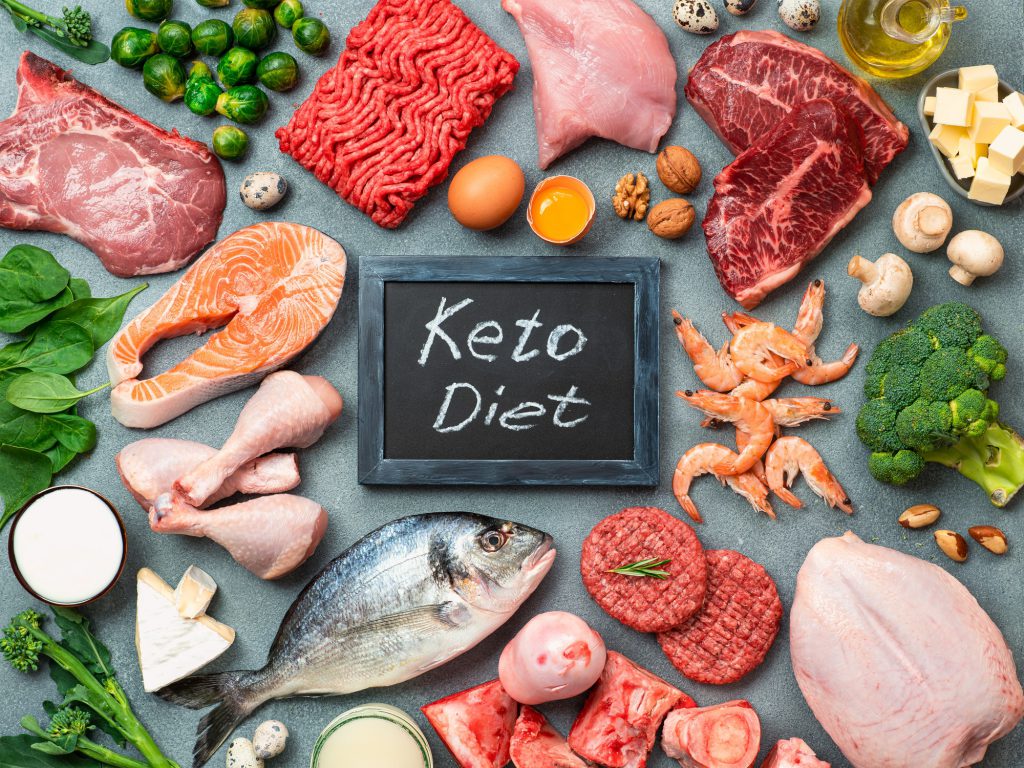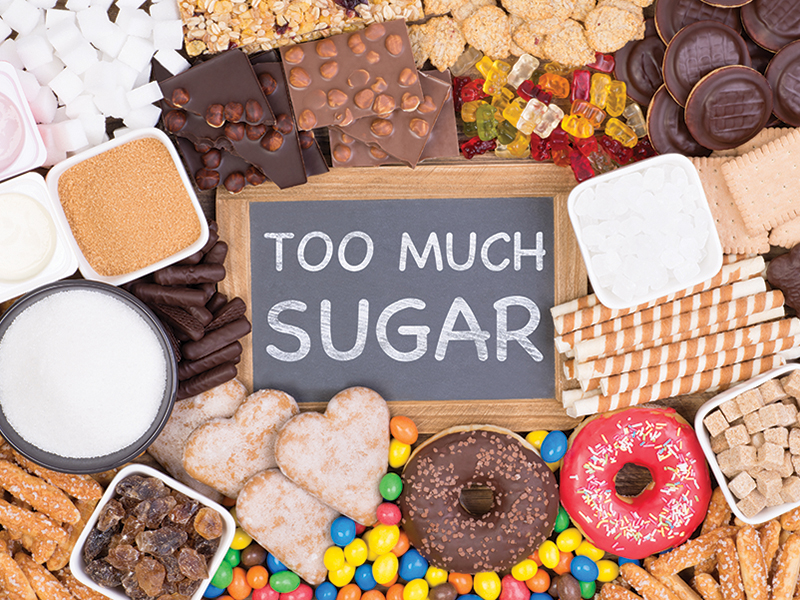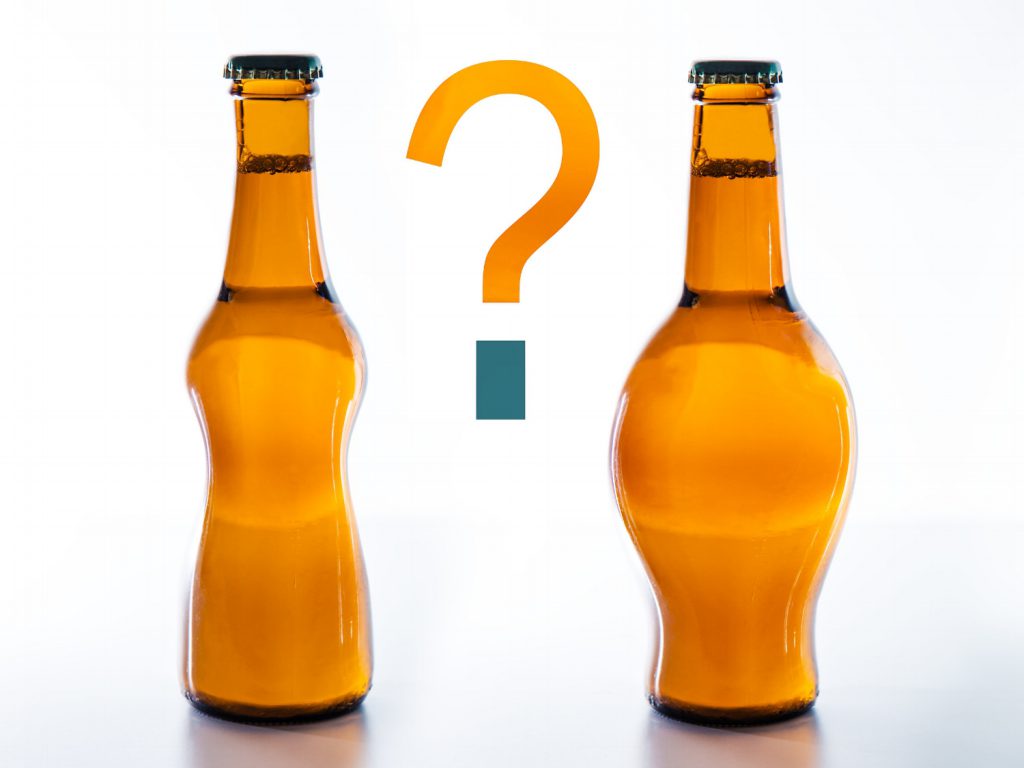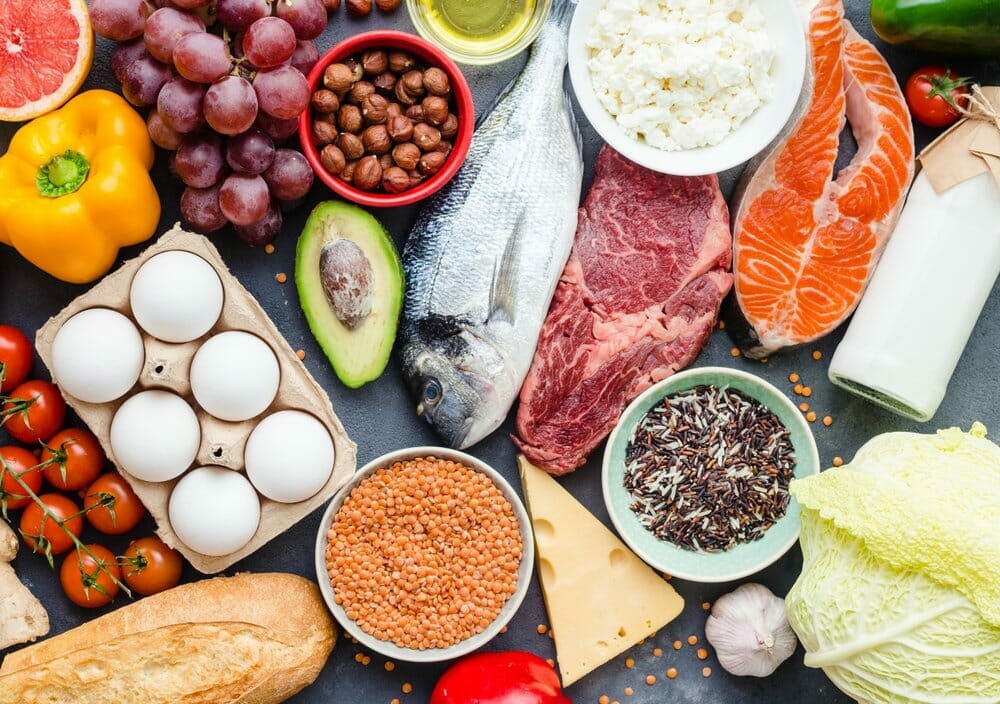Have you ever heard the phrase “don’t dig your grave with your knife and fork”? While it may sound a bit harsh, it highlights how our eating habits directly affect our health. If you’ve been struggling with your diet, it may be time to rethink your approach — and this is where the keto diet plan comes in.
The keto diet (more commonly known as the keto diet) has become one of the most popular methods for effective weight management. Many people turn to it because the keto diet for weight loss has shown proven results, with studies reporting up to 13% fat reduction in overweight individuals.
If you’ve already tried different methods, including the keto diet, but didn’t see results, it could be due to misinformation or not following the right plan consistently. The goal of this guide is to help you understand the best keto diet for weight loss and how to make it work for you.
What Is a Ketogenic Diet (Keto Diet)?
A ketogenic diet (often called keto or keto diet) is a low-carbohydrate, high-fat eating plan designed to shift your body into a metabolic state called ketosis. In ketosis, your body burns fat for energy instead of relying on glucose from carbs.
How Ketosis Boosts Keto Weight Loss
When you drastically cut down on carbs and replace them with healthy fats, your body enters a state called ketosis. In this state, the body begins producing ketones from stored fat, which then become its main source of energy. This shift not only lowers blood sugar and insulin levels but also makes your body highly efficient at burning fat — leading to faster and more sustainable keto weight loss.
Another major advantage of following the best keto diet is satiety. The high-fat content keeps you feeling fuller for longer, reducing unnecessary snacking and suppressing food cravings. This makes it much easier to stay consistent with your keto diet plan, ultimately helping you achieve your weight loss goals.
Top Keto Diet Foods for Weight Loss
Here are some weight loss-friendly keto foods to include in your meal plan:
-
- Low-carb vegetables (cabbage, spinach, kale)
- Fatty fish (salmon, sardines, mackerel)
- Avocado and berries
- Cheese, e.g., cottage cheese, goat cheese, etc.
- Eggs and cheese
- Meat, e.g., pork, grass-fed beef
- Poultry, e.g., turkey and chicken
- Healthy fats, e.g, avocado oil, coconut oil, etc.
- Nuts and seeds, e.g., walnuts, almonds, etc.
Adding these to your keto diet plan ensures you’re eating nutrient-rich foods that align with your weight loss goals.
Why You May Not Be Losing Weight on the Keto Diet
Many people turn to the keto diet plan because it’s one of the most effective methods for achieving keto diet weight loss. However, not everyone sees the results they expect. This isn’t because the keto diet doesn’t work, but rather because of common mistakes that prevent the body from staying in ketosis and burning fat efficiently. From hidden carbs and excess protein to stress and lack of motivation, even small errors can slow down your progress. Understanding these challenges is the first step to correcting them and making the best keto diet work for you.
Eating Too Many Carbs
The essence of the keto diet is drastically reducing carbohydrate intake (to about 5–10% of daily calories). Consuming too many carbs prevents your body from entering ketosis, meaning you continue burning glucose instead of fat. Even small carb “slips” like bread, pasta, or sugary snacks can stall weight loss.
Consuming Excess Protein
Many people assume the best keto diet is high in protein, but that’s not true. Ideally, protein should make up only 15–20% of your daily calories. Eating too much protein forces the body to convert excess amino acids into glucose, which interferes with ketosis and slows fat burning.
Not Tracking Calorie Intake
Even in ketosis, weight loss requires a calorie deficit. Some people overeat “keto-friendly” foods like cheese, nuts, or oils without realizing they’re consuming more calories than they burn. Tracking your meals ensures you stay within the right calorie range for steady keto weight loss.
High Consumption of Maltitol-Containing Foods
Described as sugary alcohol found in chocolate, pastries, and cake, it’s easy to see why maltitol is not keto-friendly. Despite its low glycemic index, maltitol affects the blood sugar level and could prevent a person from achieving ketosis.
Frequent Snacking
The keto diet plan keeps you full for longer, but frequent snacking — even on low-carb foods — can disrupt ketosis. Constant eating spikes insulin, reduces fat burning, and prevents your body from fully benefiting from ketosis.
Drinking Alcohol Regularly
Alcoholic drinks, especially beer, cocktails, and sweetened liquors, are high in carbs. Even low-carb alcohol (like vodka or whiskey) can slow fat metabolism because the body burns alcohol calories before fat, delaying keto weight loss.
High Stress Levels
Stress increases the hormone cortisol, which triggers cravings for carb-heavy or sugary foods. High stress can also slow down metabolism, making it harder to stick to your keto diet and achieve results.
Stay Motivated with the Strive App
One of the biggest challenges in any keto weight loss journey is staying motivated and consistent, and that’s exactly where the Strive App makes a difference. This powerful tool helps you track your progress by monitoring weight, body fat percentage, BMI, and calories, while also allowing you to set realistic goals that match your keto diet plan.
The app can be connected to a smart scale for accurate body measurements, and it even lets you log your meals and calorie intake to ensure you’re not overeating, even on keto-friendly foods. Beyond diet tracking, Strive also supports exercise monitoring so you can combine fitness with your keeto diet for faster results.
To keep things exciting, you can join challenges, compete with friends and family, and stay motivated through community support and shared progress. With helpful reminders, insights, and an engaging platform, the Strive App transforms your keto diet weight loss journey into a fun, goal-driven, and sustainable lifestyle.
How Many Carbs Do I Have To Eat On A Ketogenic Diet?
You will be able to eat a little bit more carbs without decreasing the production of ketones if you are physically active and have a good amount of muscle mass. For individuals who are weaker and more inactive, the converse is true. Many manufactured low-carb foods include labels that list their "net carbohydrates," which are their total carbs less any added fiber and sugar alcohol sweeteners. Studies have revealed that some of these chemicals can elevate blood sugar levels by being partially absorbed. As a result, it's possible that the term "net carbohydrates" on packaged meals is quite inaccurate.
What If The Keto Diet Made Me Feel Exhausted And Weak?
Add MCT oil (medium chain triglycerides) and exogenous ketones to your supplement for a rapid boost in energy. Make sure you're getting enough of the necessary nutrients, particularly electrolytes, and that you're not dehydrated. Many keto dieters discover that seasoning their food with salt and regularly consuming bone broth helps to replenish some of the electrolytes lost while in ketosis, such as sodium, potassium, and magnesium. While reducing potential adverse effects including muscle loss, headaches, cramps, and spasms, bone broth also provides a number of other crucial nutrients and amino acids.
Can I be vegetarian and follow a ketogenic diet?
You can live a low-carb lifestyle while being a vegetarian. Protein should make up between 10 and 20 percent of your daily energy requirements, but you can still achieve this requirement by eating a diet strong in vegetarian and keto-friendly foods. Following is a list of popular vegetarian dishes that are high in protein, low in carbohydrates, and excellent sources of fat:
- Cheddar cheese
- Cottage cheese
- Whey protein powder
- High protein tofu
What are the do's and don'ts on a keto diet?
Here is the list of dos and don'ts for a keto diet :
- Do eat leafy greens
- Don't eat high sugar food
- Do increase your intake of seeds.
- Don't buy grain based food products
- Do add nuts in your diet
- Don't consume processed or natural sugar
- Do eat lean protein
- Don't eat high carb vegetables
- Do cook with high fat oils
- Don't Drink High-Calorie, High-Sugar Beverages
- DO Drink Low-Calorie, Low-Sugar Beverages
How much water should I drink on keto?
According to scientific study, it is advised that Keto dieters choose to drink at least 75 ounces of water each day. In actuality, it is strongly advised that both men and women drink 2.5 litres of water each day. Depending on a person's body mass, athletic ability, lifestyle, age, gender, etc., their water intake may differ from person to person. The amount of water you need to drink depends on whether you live in a hot or cold area because people in hotter climates tend to sweat more and lose more water as a result. There is minimal risk in consuming more water than is necessary.
How Long Do You Need to Stay on the Keto Diet to Lose Weight?
On a ketogenic diet, many people claim to lose weight quickly. When on an extremely low calorie keto diet, dieters shed an average of 44 lb over the course of four months. Due to the risks of a long-term ketogenic diet and the possibility of developing nutritional deficiencies, you should not stay in ketosis for longer than 12 weeks. During this period of adjustment after quitting the keto diet and starting to consume more carbohydrates, people frequently gain weight. Additionally, if they go back to their pre-keto eating habits after feeling deprived by the regimen, they risk gaining back all the weight they lost and possibly even more.



